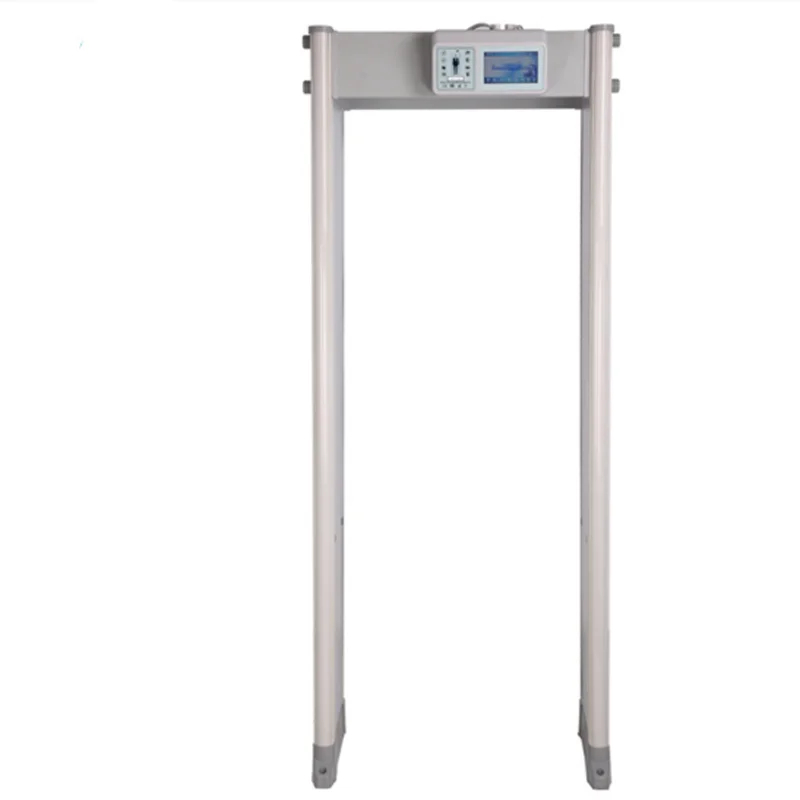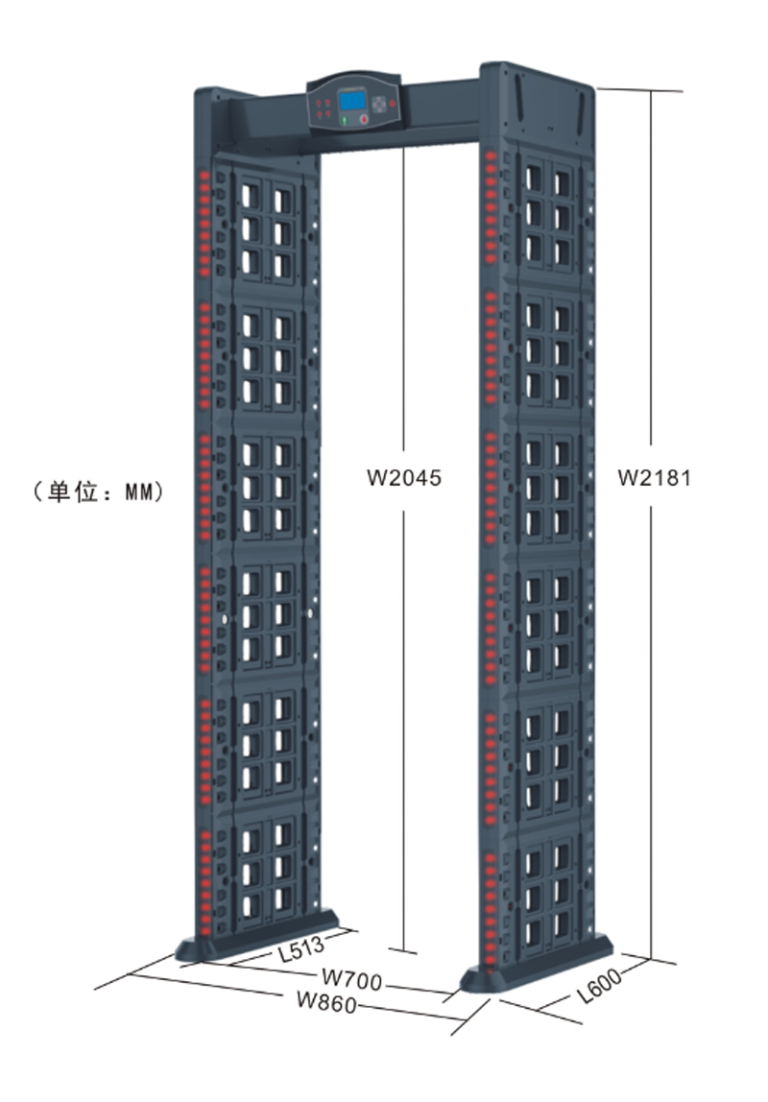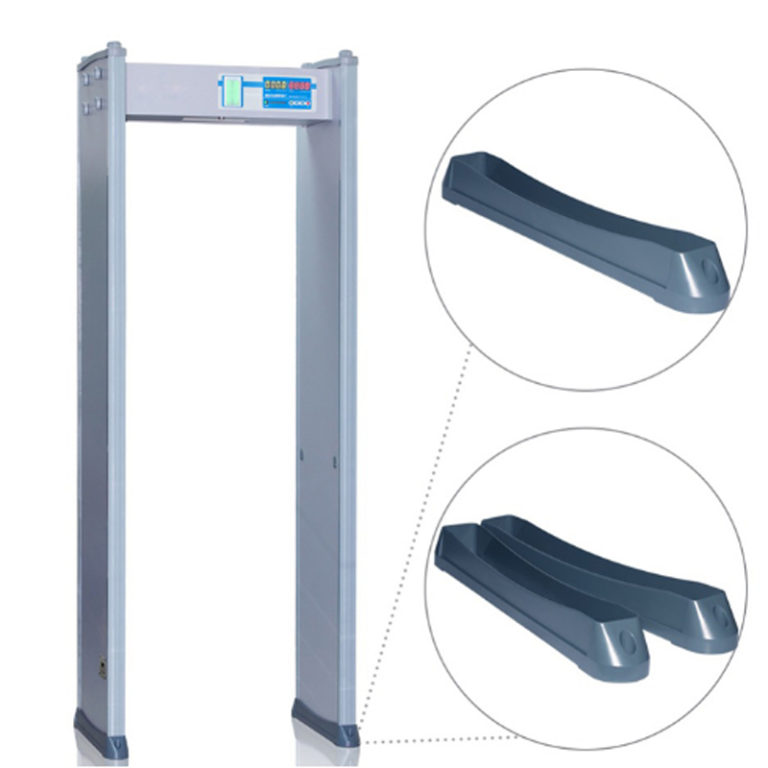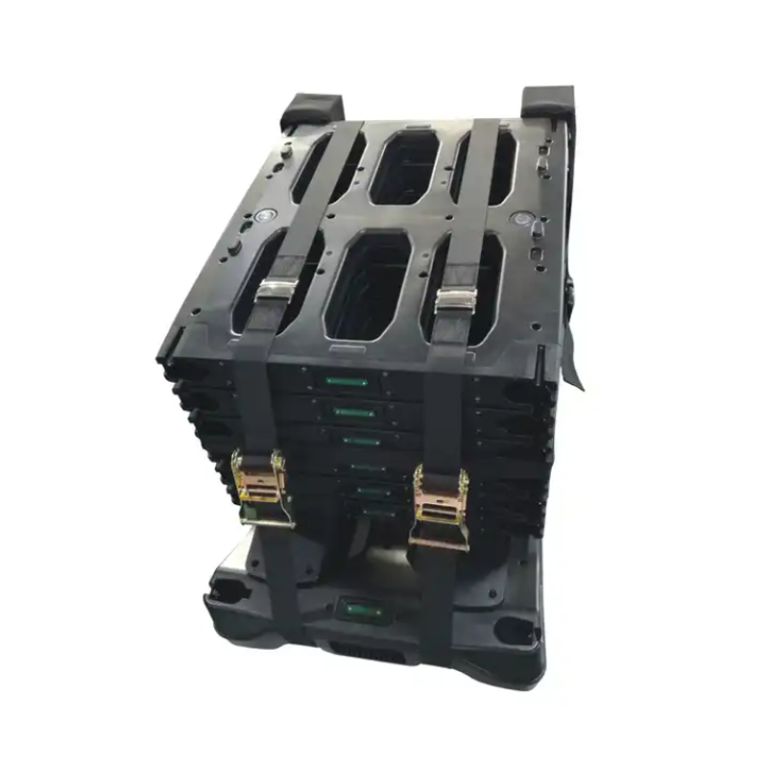Table of Contents
Exploring the Role of Industrial Metal Detectors in the Mining Industry
Industrial metal detectors play a pivotal role in the mining industry, contributing significantly to the efficiency and safety of mining operations. These devices, designed to detect the presence of metal in the ground, are indispensable tools in the extraction of valuable minerals and metals. They not only streamline the mining process but also help in maintaining the safety standards of the industry.
The primary function of industrial metal detectors in the mining industry is to identify and locate valuable metallic ores beneath the earth’s surface. These devices use electromagnetic fields to detect the presence of metallic objects. When the electromagnetic field comes into contact with a metal, it induces an electric current in the metal, which the detector picks up, alerting the operator to the presence of metal. This technology allows mining companies to accurately locate deposits of valuable metals such as gold, silver, and platinum, thereby increasing the efficiency of mining operations.
Moreover, industrial metal detectors are instrumental in the extraction process. Once a deposit has been located, these devices can be used to determine the exact location and size of the deposit. This information is crucial in planning the extraction process, as it allows mining companies to accurately estimate the amount of resources required for extraction and the potential yield of the deposit. By providing precise information about the location and size of the deposit, industrial metal detectors help to minimize waste and maximize efficiency in the extraction process.
In addition to their role in the identification and extraction of metallic ores, industrial metal detectors also play a crucial role in maintaining safety standards in the mining industry. Mining is an inherently dangerous industry, with workers often operating in hazardous conditions. Industrial metal detectors can help to mitigate some of these risks by detecting the presence of unwanted metallic objects that could pose a threat to the safety of workers. For instance, these devices can be used to detect the presence of buried utilities such as gas lines and electrical cables, which could pose a risk of explosion or electrocution if disturbed. By alerting operators to the presence of these hazards, industrial metal detectors can help to prevent accidents and ensure the safety of workers.

Furthermore, industrial metal detectors can also be used to monitor the structural integrity of mining equipment. Mining equipment is often subjected to extreme stress and wear, which can lead to the development of cracks and other structural defects. These defects, if left undetected, can lead to equipment failure and potentially catastrophic accidents. Industrial metal detectors can be used to detect the presence of these defects, allowing for timely maintenance and repair and thereby reducing the risk of equipment failure.
In conclusion, industrial metal detectors play a multifaceted role in the mining industry. They not only increase the efficiency of mining operations by accurately locating deposits of valuable metals but also play a crucial role in maintaining safety standards in the industry. By detecting the presence of unwanted metallic objects and monitoring the structural integrity of mining equipment, these devices help to prevent accidents and ensure the safety of workers. As such, industrial metal detectors are an indispensable tool in the mining industry, contributing significantly to its efficiency and safety.
Understanding the Impact of Industrial Metal Detectors on Mining Efficiency
Industrial metal detectors play a pivotal role in the mining industry, significantly enhancing efficiency and productivity. These sophisticated devices are designed to detect the presence of metals in the ground, thereby aiding in the identification of valuable mineral deposits. The impact of industrial metal detectors on mining efficiency is profound, as they streamline operations, reduce costs, and increase the accuracy of mineral exploration.
To begin with, industrial metal detectors contribute to the efficiency of mining operations by expediting the process of mineral exploration. Traditional methods of mineral exploration are time-consuming and labor-intensive, often requiring extensive drilling and sampling. However, with the advent of industrial metal detectors, miners can now quickly and accurately identify areas with high mineral concentration. These devices use electromagnetic fields to detect metallic objects in the ground, providing real-time data that allows miners to focus their efforts on areas with the highest potential yield. This not only speeds up the exploration process but also reduces the amount of wasted effort and resources.
Moreover, industrial metal detectors help to reduce operational costs in the mining industry. The use of these devices eliminates the need for extensive exploratory drilling, which is both expensive and environmentally damaging. By pinpointing the exact location of mineral deposits, industrial metal detectors allow miners to dig in precise locations, minimizing the amount of earth that needs to be moved. This targeted approach to mining reduces fuel consumption, equipment wear and tear, and labor costs, resulting in significant savings.
In addition to speeding up operations and reducing costs, industrial metal detectors also increase the accuracy of mineral exploration. These devices are capable of detecting a wide range of metals, including gold, silver, copper, and iron, among others. They can differentiate between different types of metals based on their conductivity and magnetic properties, providing valuable information about the composition of the ground. This high level of accuracy reduces the risk of missing valuable deposits and ensures that all potential resources are fully exploited.
Furthermore, the use of industrial metal detectors in the mining industry has positive implications for worker safety. By identifying potential hazards such as buried metal objects or unexploded ordnance, these devices can help to prevent accidents and injuries. This not only protects the health and wellbeing of mining personnel but also reduces downtime due to accidents, further enhancing operational efficiency.
In conclusion, the impact of industrial metal detectors on mining efficiency is multifaceted. These devices streamline operations by speeding up the process of mineral exploration, reduce operational costs by eliminating the need for extensive drilling, and increase the accuracy of mineral detection. Furthermore, they contribute to worker safety by identifying potential hazards. As the mining industry continues to evolve, the role of industrial metal detectors is set to become even more significant, driving efficiency and productivity to new heights.






